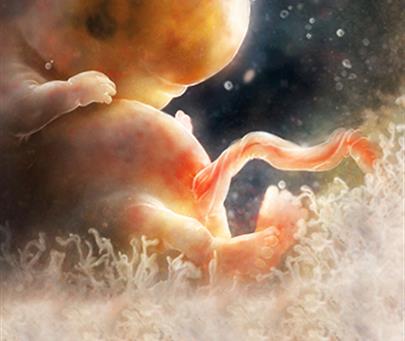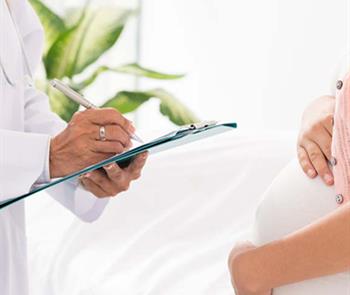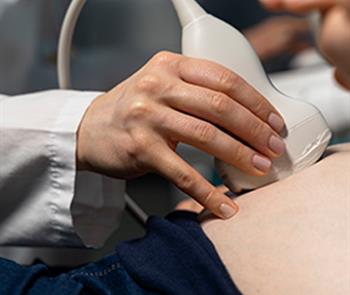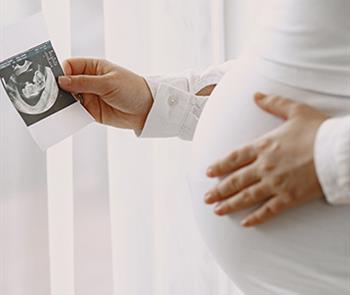
Department of Pathology (Fetal Autopsy)
Unfortunately, a number of pregnancies do not end in the end or in better words the birth of a healthy baby. According to scientific reports, 10 to 15 percent of pregnancies lead to miscarriage (the loss of the fetus before 20 weeks of pregnancy), and a smaller number are lost inside the uterus after 20 weeks of pregnancy. In fact, the death of the fetus after passing the nine-month period with hope and difficulty; It confronts parents with many mental and physical problems. With the death of the fetus and the baby, various thoughts and worries come to the mother's mind, one of which is the fear of pregnancy again and whether this will happen again or not?
If you are one of these parents, we at Hope Geneartion Medical Institute are by your side so that you can get correct, accurate and reliable answers to your questions. The correct answer to your concern requires a complete examination of the pregnancy products, including the embryo, placenta, and umbilical cord, in order to recommend the necessary measures for future pregnancies to the parents. This complete examination consists of a pathology or autopsy examination and a genetic examination in fetuses under 12 to 14 weeks, which are small, and a simpler pathology examination in fetuses older than 14 weeks.
In other words, autopsy is the dissection of a dead or dead fetus by a pathologist in order to find out the cause of the death of the fetus, which has different stages. These steps include: examination of the appearance of the fetus, weight and basic measurements, examination of the condition of the internal viscera of the three cavities of the skull, chest and abdomen, measurement and weight of the viscera, and sampling of a small part of the viscera for microscopic examination.
Along with these investigations, karyotype evaluation, fetal radiography, microbiological investigations and molecular genetic evaluations can also be used. By using new molecular cytogenetic techniques that overcome the limitations of previous standard methods, we can investigate the genetic causes of pregnancy loss in any type of pregnancy product sample. In simple terms, it can be said that the old methods were more likely to fail due to the death of the fetal cells, but in the new methods, the time of death, the sterility of the sample and its freshness are not important, and most of the samples can be examined. The results of this laboratory technique can be very effective and helpful in therapeutic consultations for subsequent pregnancies and treatments during pregnancy, and also help to confirm or reject possible clinical diagnoses, especially in hereditary diseases.
In general, an autopsy can help in the following cases:
- The cause of death diagnosis
- Confirmation of clinical diagnosis with ultrasound
- Diagnosis of rare diseases and anomalies
- Diagnosis of risk factors for the next pregnancy
- Supplying samples for further genetic studies from an educational and scientific point of view
- Providing statistics for epidemiological studies
- Provision of written documents to be presented in court in legal cases
In case of miscarriage, termination of pregnancy and death of the baby for any reason, the pregnancy product is the key to answer your questions and concerns in the next days. Therefore, we suggest that you place the pregnancy product inside a clean container (it does not need to be sterile), place around the ice container and transfer it to the fetal autopsy center as soon as possible. Our colleagues in this section will answer your questions and you can get the necessary guidance on the conditions of sending the sample before sending the sample.



